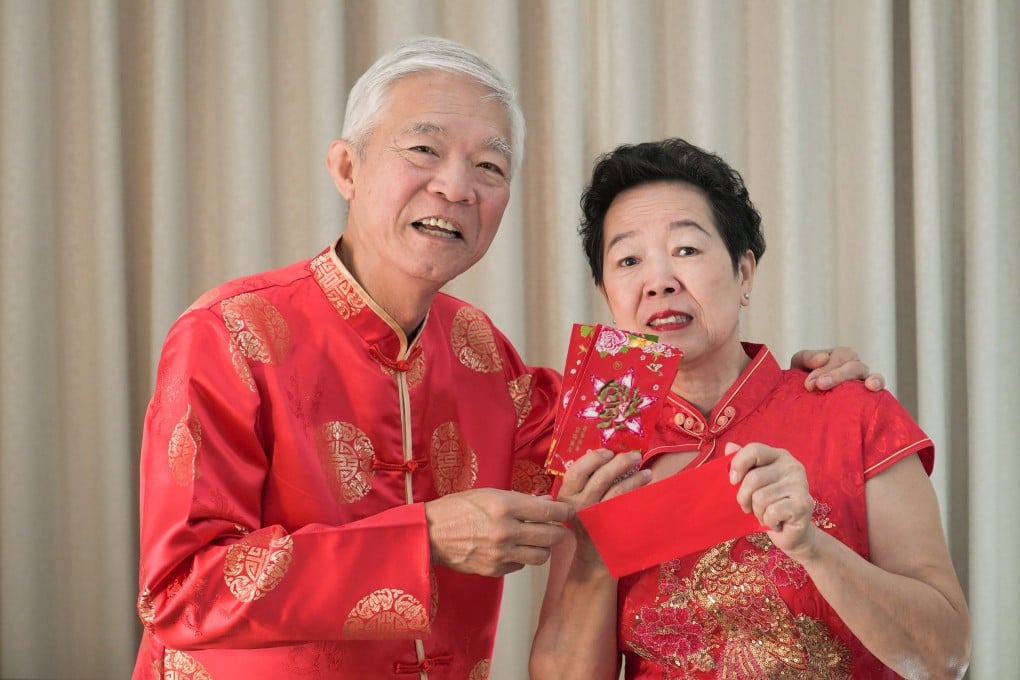My Hong Kong | Hong Kong comes alive by learning Cantonese, but make sure you know the pitfalls when addressing your new ‘aunties and uncles’
- Picking up a few Cantonese words will help expats, visitors dig deeper into city life
- Even strangers can be an uncle or auntie – but how do you avoid offending someone?

The majority of Hongkongers might have adopted the Western way of life, and the city’s colonial history has certainly played a part in shaping its identity, but traditions that are distinctively Hong Kong still carry significant weight.
Understanding the Hong Kong culture is more than just knowing about the traditional festivals, its people and language, it’s also about the way of communication, the food, the movies and maybe even their passion for playing mahjong and gambling at the horse races, to name just a few.
A significant part of Hong Kong’s vibrant and colourful culture comes from its language – Cantonese.
While some would still argue that Cantonese is a dialect, with a rich 2000-year history, Cantonese has firmly earned its place as the unofficial language of Hong Kong.
In order to get to the heart of Hong Kong and its people, one must fully embrace the language or at least get to grips with its use. Hongkongers speak Cantonese loudly and proudly, and so for others to understand us, you must first learn to speak our language.
Okay, let me rephrase. You don’t have to become a fluent Cantonese speaker to assimilate into Hong Kong’s culture. While it certainly helps, getting to know our customs and the way we speak will certainly help you understand some of our unique cultural tics.
For those of you who may not know, the first day of Lunar New Year started on January 25 this year. Like any major Chinese holiday, a great deal of food is consumed and relatives from far and wide will travel from across the world to come together and celebrate.
